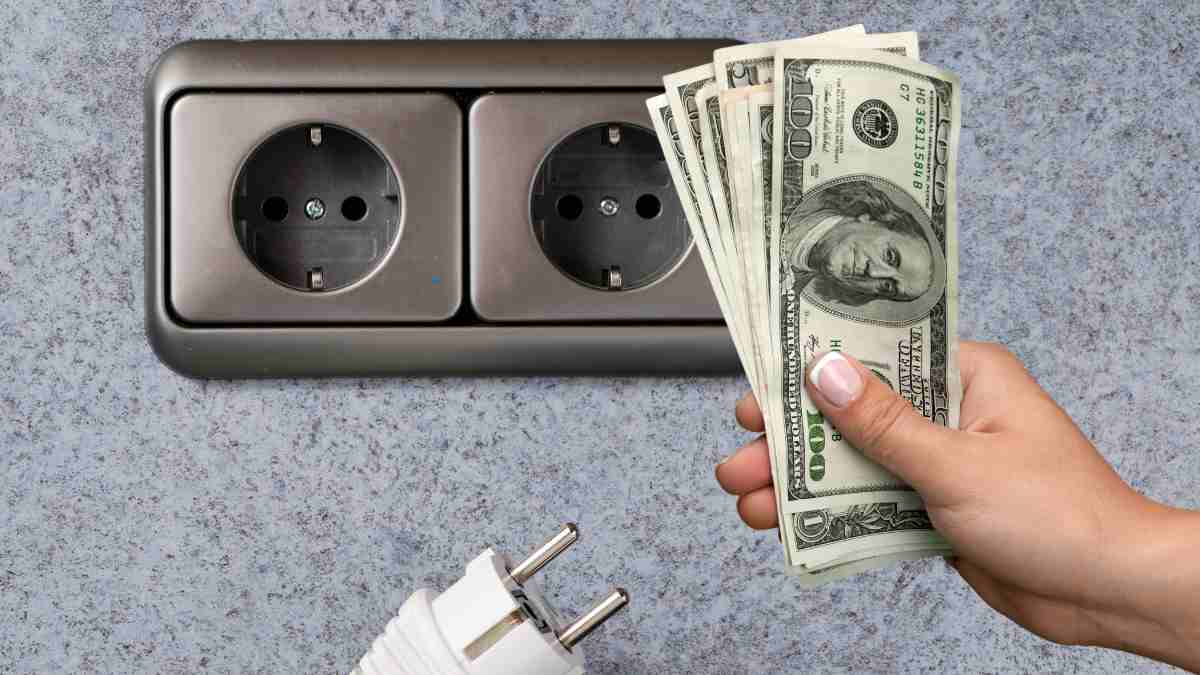When it comes to the unseen forces driving up your electricity bill, it’s not your oven or that power-draining gaming console. The true energy guzzler resides in your kitchen, quietly running around the clock. Yes, your refrigerator is the most energy-intensive appliance in your home.
Operating 24/7, refrigerators work tirelessly to keep your food fresh by maintaining a constant cool temperature. This relentless operation results in a substantial energy draw. On average, modern refrigerators consume between 200 and 500 kWh annually, which can amount to nearly a quarter of a household’s total energy usage.
To better grasp the impact of your refrigerator’s energy use, consider this comparison:
- Refrigerator: 200-500 kWh annually
- Oven: 130 kWh annually
- Microwave: 90 kWh annually
Although the energy consumption of refrigerators may seem daunting, there’s a silver lining. Exciting advancements in renewable energy solutions are on the horizon, promising to mitigate household electricity consumption. These innovations might just transform how we power our homes and appliances in the near future.
Mastering the Cold Beast: Tips for Reducing Refrigerator Energy Consumption
While unplugging your refrigerator isn’t an option, there are several effective strategies you can adopt to minimize its energy consumption:
- Choose energy-efficient models (preferably A+++ rated) when it’s time to replace your old refrigerator.
- Position the appliance away from heat sources such as ovens or direct sunlight to improve efficiency.
- Regularly clean the condenser coils to ensure it operates at optimal performance levels.
- Set the temperature to the manufacturer’s recommended range, typically between 37°F and 40°F.
- Avoid overfilling the fridge, which can restrict air circulation and reduce efficiency.
By adopting these straightforward yet impactful measures, you can significantly cut down your refrigerator’s energy use and, as a result, lower your electricity bill.
Other Unexpected Energy Hogs in Your Home
While the refrigerator is a major player, other appliances also make notable contributions to your energy expenses. The clothes dryer is another significant energy consumer, using around 350 kWh annually. To reduce its energy consumption, consider:
- Air-drying clothes whenever possible.
- Using lower heat settings to decrease energy use.
Implementing these tips not only helps the environment but also keeps your utility costs in check.
Electric water heaters are among the most energy-intensive appliances in your home. By simply reducing the temperature setting by a few degrees, you can achieve significant energy savings. Moreover, adding insulation to your water heater and pipes is an effective way to retain heat and minimize energy waste.




